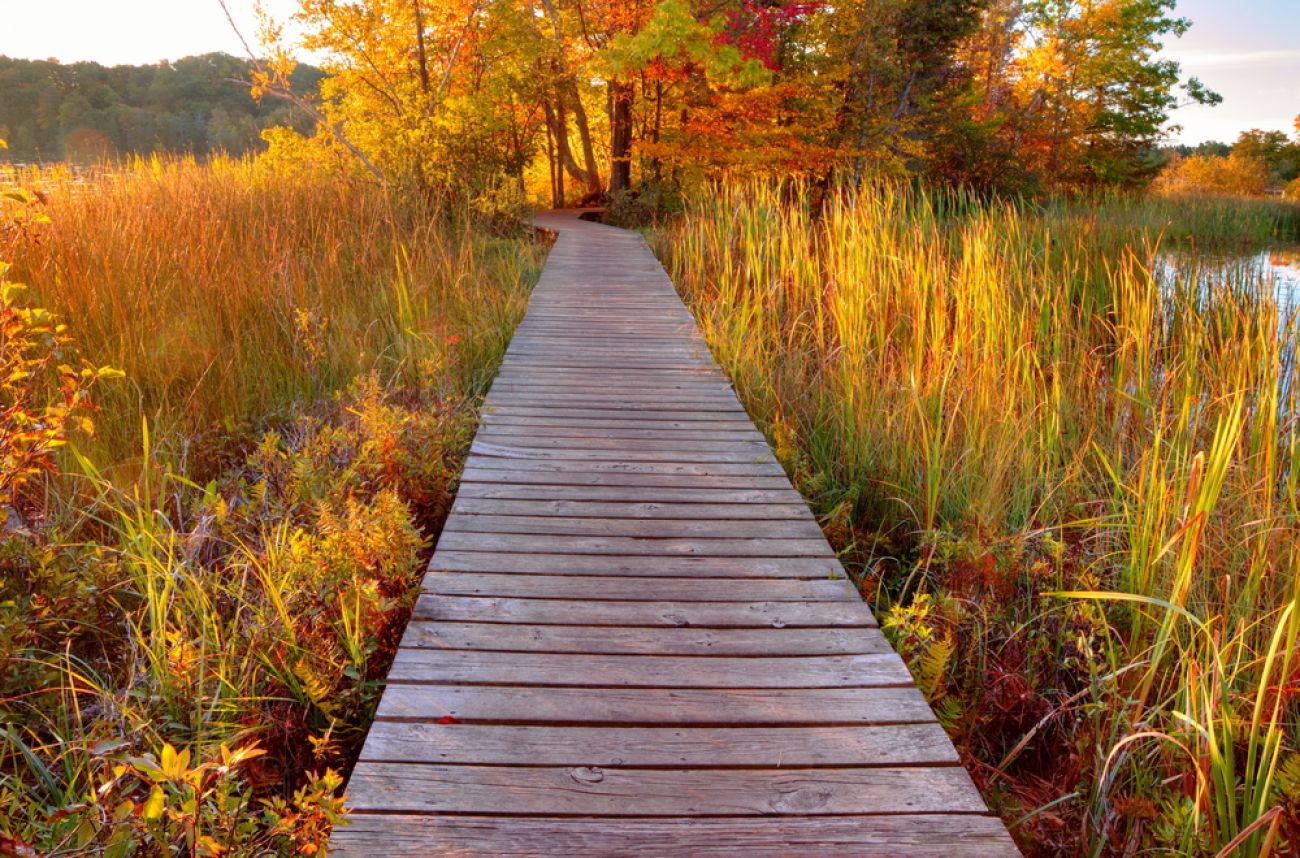Michigan Gov. Rick Snyder gets bill to lift protections on small wetlands

Update: Gov. Snyder signs bill lifting protections to small wetlands
LANSING — Gov. Rick Snyder will decide whether to lift environmental protections on small Michigan wetlands and add legal protections for landowners wanting to dredge, fill or build upon them.
That’s after the Republican-led House early Friday approved Sen. Tom Casperson’s Senate Bill 1211 in a 61-46 vote. A concurring vote later in the morning Senate sent the bill to the term-limited governor.
The bill initially sparked fierce debate between business and development groups and environmentalists and sportsmen. The bill was rewritten Thursday, though, to lift protections on far fewer Michigan lakes and wetlands.
Dec. 21: That's a wrap! What bills passed, died in Michigan lame duck for the ages
Related: See what Michigan lame-duck bills we're tracking
Earlier this week, SB 1211 looked like one of Republican lawmakers’ farther-reaching efforts to relax environmental regulations before Gov.-elect Gretchen Whitmer, a Democrat who campaigned partly on a clean water platform, took office on Jan. 1.
As approved in the Senate and a House committee, the legislation would have carved vast exemptions into wetlands protections, allowing unregulated dredging, filling or building upon at least 550,000 acres of wetlands and at least 4,200 of Michigan’s 11,000 lakes, according to a Department of Environmental Quality analysis.
But House lawmakers stripped many of those permitting exemptions from the original bill, dramatically shrinking its effect on wetlands.
Regulators aren’t sure how much land would be affected under the updated bill; DEQ said did not have time to update its analysis of the bill in the final day of the Legislature’s lame duck session.
Sen. Tom Casperson, R-Escanaba, sponsored SB 1211, saying it would protect landowners against overzealous “radicalism” at the DEQ, which enforces Michigan’s wetlands regulations.
Beyond bill’s effect on which wetlands activities require permits, it would add protections to landowners — requiring, for instance, the DEQ to more clearly define any wetlands violations when they occur. It would also give landowners more chances to recover expert witness fees if they prevail in a dispute against the agency.
Rep. Triston Cole, a Republican who owns 10-plus acres of marsh land in Antrim County, helped carry the measure in the House, striking a compromise that turned some environmental and sportsmen groups from opponents to neutral.
He said the bill now deals mostly with how landowners interact with the DEQ, and the House changes gained support from that agency and the Department of Natural Resources.
“So that there’s a little more transparency and the department’s held a little more accountable for permits — for a denial,” he said. “If you’re cleaning out areas where weeds have clogged it up, or old beaver dams or muskrat lodges, this type of legislation allows that to happen easier.”
Michigan over the decades has lost more than 50 percent of its original wetlands, which are considered critical wildlife habitats and fish nursery grounds. Scientists sometimes call wetlands “earth’s kidneys” because they help control flooding, absorb stormwater runoff and naturally filter out pollutants.
Todd Losee, a former DEQ wetlands specialist who is president of the Michigan Wetlands Association, said farm and stock ponds and their small surrounding wetlands would be among those deregulated under the House-amended bill.
“The amount of wetlands that are deregulated is reduced significantly,” said Losee, who still opposes the bill.
“It’s not a great bill, but it is quite an improvement from where we started in the Senate.”
Michigan Environment Watch
Michigan Environment Watch examines how public policy, industry, and other factors interact with the state’s trove of natural resources.
- See full coverage
- Subscribe
- Share tips and questions with Bridge environment reporter Kelly House
Michigan Environment Watch is made possible by generous financial support from:
Our generous Environment Watch underwriters encourage Bridge Michigan readers to also support civic journalism by becoming Bridge members. Please consider joining today.
See what new members are saying about why they donated to Bridge Michigan:
- “In order for this information to be accurate and unbiased it must be underwritten by its readers, not by special interests.” - Larry S.
- “Not many other media sources report on the topics Bridge does.” - Susan B.
- “Your journalism is outstanding and rare these days.” - Mark S.
If you want to ensure the future of nonpartisan, nonprofit Michigan journalism, please become a member today. You, too, will be asked why you donated and maybe we'll feature your quote next time!



